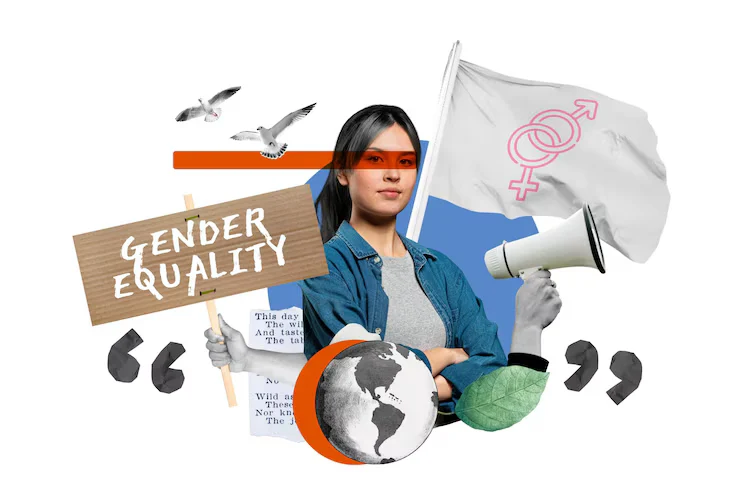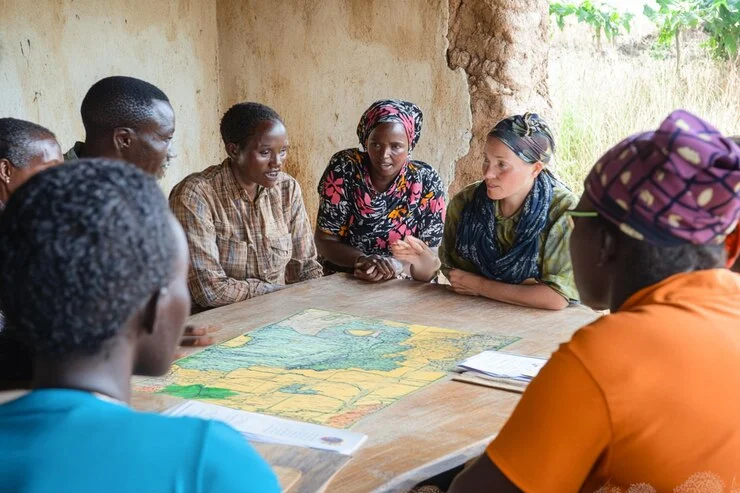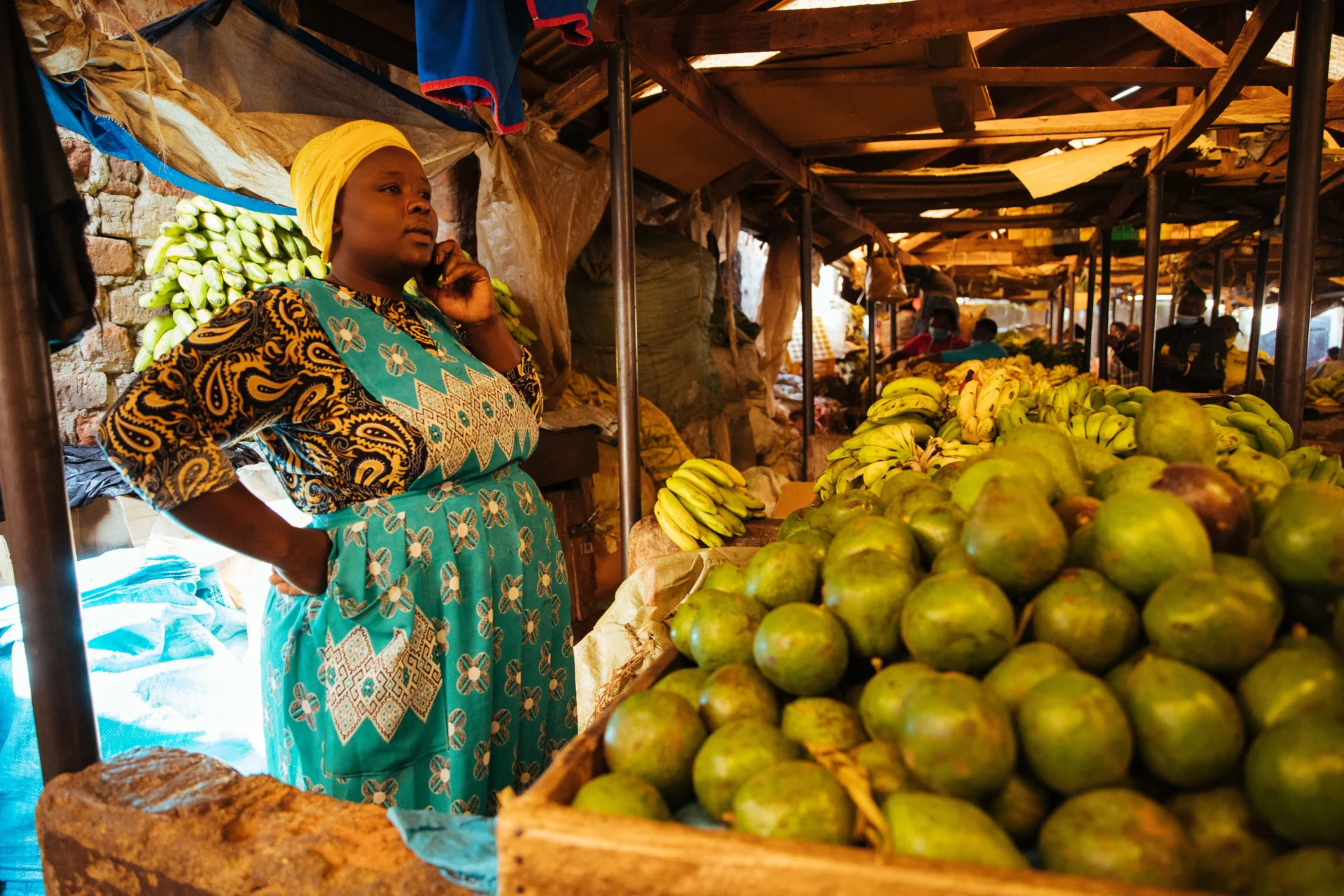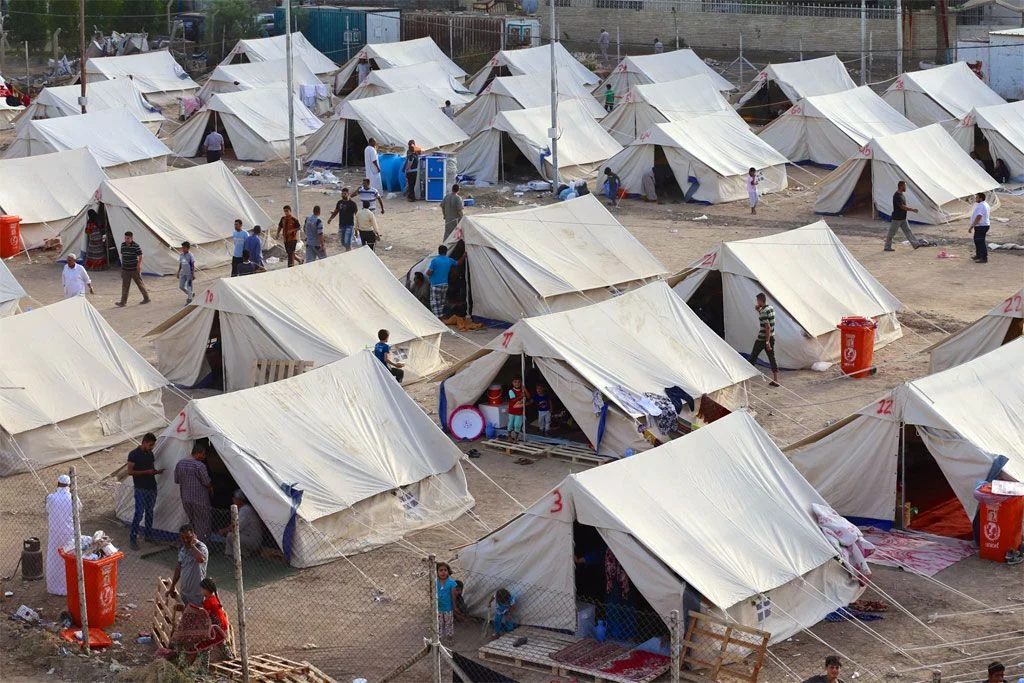
Monitoring and Evaluation (M&E) is a strategic tool in the development sector that drives social progress and program efficiency. But to deliver truly inclusive and equitable results, M&E must be gender sensitive. A gender-responsive M&E system doesn’t just assess generic metrics it highlights and addresses the distinct needs, challenges, and outcomes of women, men, and non-binary individuals. In Africa and beyond, this approach is essential for designing impactful, inclusive development programs.
What Is Gender-Sensitive M&E?
Gender-sensitive Monitoring and Evaluation refers to the integration of gender analysis at every stage of the M&E cycle from planning and setting indicators to data collection, reporting, and learning. It goes beyond counting male vs. female participation; it explores how outcomes differ by gender and why.
Why Gender-Sensitive M&E Matters in Development Programs

1. Reveals Hidden Gender Inequities
Conventional M&E frameworks often miss the deeper systemic barriers that impact gender outcomes. Gender-focused analysis uncovers disparities in access to education, resources, decision-making, health, and economic opportunities.
2. Promotes Inclusive Program Design
Without disaggregated gender data, programs risk being ineffective or harmful. Gender-responsive M&E enables customized interventions that reach the right people with the right solutions.
3.Strengthens Accountability
By tracking outcomes through a gender lens, implementers and donors can demonstrate commitment to fairness and build trust among stakeholders.
4. Supports SDG 5 and Beyond
Gender equality is not only SDG 5 it underpins all 17 SDGs. Gender-sensitive M&E ensures no one is left behind in achieving global development targets.
5. Informs Smarter Policy and Funding
Robust, gender-inclusive data helps governments and donors allocate resources fairly, develop responsive policies, and measure real impact.
Elements of a Gender-Sensitive M&E Framework
1.Gender-Equity Indicators
These go beyond headcounts to assess shifts in empowerment, agency, and access to opportunities.
2.Disaggregated and Intersectional Data
Data must be broken down by sex, age, disability, ethnicity, and other factors to expose multi-layered inequalities.
3. Inclusive Stakeholder Engagement
Involving women, men, and marginalized groups in program design and review processes ensures all perspectives are considered.
4. Gender Impact Assessment
Analyzing how programs affect various gender groups helps shape more equitable outcomes.
Real Example – Rwanda’s Agricultural Program

In Rwanda, an agricultural project adopted a gender-sensitive M&E framework. Data collection showed that household responsibilities prevented women from attending training. By rescheduling sessions and providing childcare, the program increased female participation by 40%. This is a clear example of how M&E, when designed with a gender lens, leads to transformational results.
The Power of Data to Drive Gender Equity
Fighting gender inequality requires evidence-based accountability. Gender-sensitive M&E provides critical tools to evaluate, understand, and improve the impact of development programs. Whether you’re a donor, government agency, or NGO, integrating gender-responsive practices into M&E is not optional, it’s essential for inclusive, effective, and sustainable development.
Drive Real Change with Gender-Responsive Monitoring and Evaluation
- Evaluate your current M&E frameworks through a gender lens
- Integrate gender-disaggregated data into your data systems
- Build your team’s capacity with expert-led gender and M&E training
- Elevate the voices of women and marginalized groups in your evaluations
At Insight and Social, we partner with organizations to embed gender equity into every stage of the M&E process ensuring your programs are inclusive, evidence-based, and impactful.
Reach out today to schedule a consultation or tailored training
Join us in shaping equitable development through smarter data





